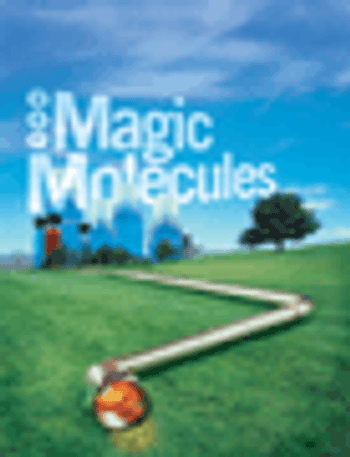
Pharm Exec's Pipeline Report is packed with 25 of the year's most eye-catching experimental drugs. What's their secret? No smoke or mirrors-just innovative science, therapeutic value, and good business sense.

Pharm Exec's Pipeline Report is packed with 25 of the year's most eye-catching experimental drugs. What's their secret? No smoke or mirrors-just innovative science, therapeutic value, and good business sense.

Pharma marketing appears to operate in a world of its own. When US ad expenditures dipped in 2001, pharma's spend marched steadily on. (See "A Different Drum.") Now, as the ad industry celebrates the quadrennial coincidence of the Olympics and the US presidential campaign, is pharma taking notice? "Not really," says Anne Devereaux, chief integration officer at BBDO.
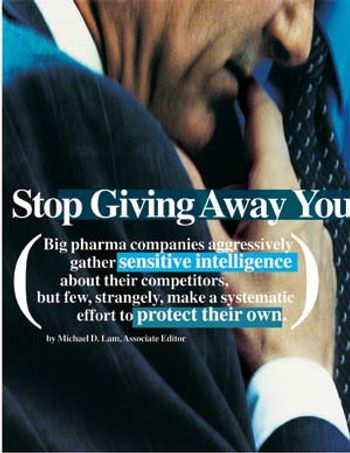
Big pharma companies aggressively gather sensitive intelligence about their competitors, but few, strangely, make a systematic effort to protect their own.

Our industry can succeed only by collaborations," a biotech CEO recently told Pharm Exec, "because no company has the whole of the jigsaw complete -- only a piece." Clearly many of his pharma counterparts agree. The web of alliances formed by the top two dozen biotech and pharma companies from 1973 to 2001 -- at least the 12,500 contracts made public by these firms -- is as tightly knit as a linen shirt.

Pfizer is embroiled in a whistleblower lawsuit based on an unproven legal theory with the potential "to scare the hell out of a lot of drug companies," says attorney Alan Minsk of Arnall Golden Gregory. If upheld, even those compliant with FDA regulations for off-label promotion might still be liable for Medicaid fraud under the federal False Claims Act (FCA).
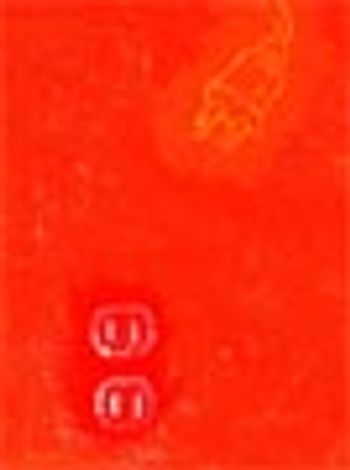
When Gary Cupit, vice-president of global business development and licensing at Novartis, recently told an audience at Columbia University that "we always cling to products a year longer than we should," he was referring to one of pharma's more pressing and expensive, if lesser-known, problems: failure to promptly pull the plug on unsuccessful pipeline projects. A drug in clinical trials burns about $30,000 a day. For compounds that never make it to approval, that adds up to a frittering of $11 million each.
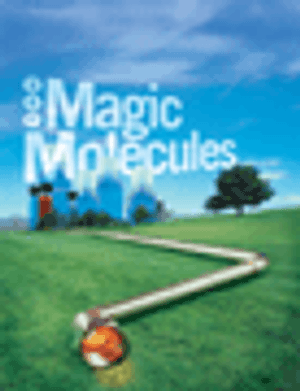
Published: December 1st 2004 | Updated: November 15th 2020

Published: September 1st 2004 | Updated: November 15th 2020

Published: March 1st 2004 | Updated: November 15th 2020
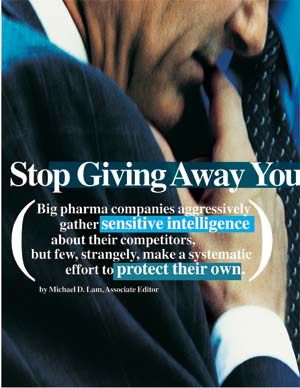
Published: July 1st 2004 | Updated: November 15th 2020

Published: June 1st 2004 | Updated: November 15th 2020
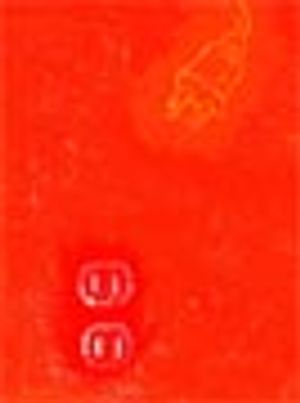
Published: February 1st 2004 | Updated: November 15th 2020